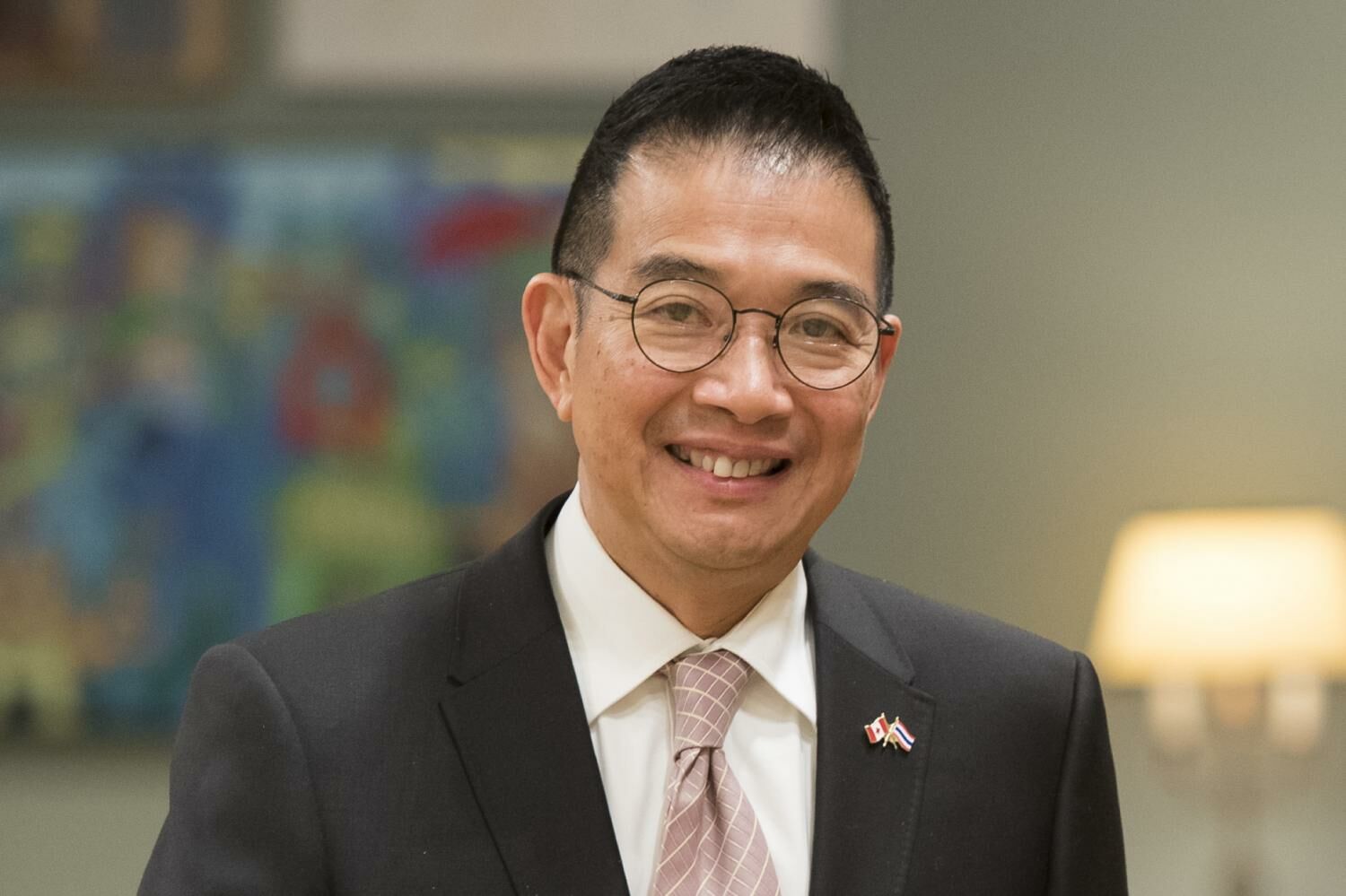Foreign affairs minister sails to settle seas of dispute in Koh Kood

Foreign Affairs Minister Maris Sangiampongsa is set to visit Cambodia to negotiate an overlapping claims area (OCA) in Koh Kood, situated in Trat, a border province. This visit aims to bolster bilateral relations and address pressing issues, including the controversial Cambodian construction of a breakwater near the 73rd border demarcation post adjacent to the Klong Yai border checkpoint.
The breakwater, which has been a point of contention for fears of territorial encroachment, was first brought to the Cambodian government’s attention three years ago. Despite this, the structure remains intact. When asked if the Foreign Affairs Ministry plans to renew its protest, Maris remarked, “It’s something we can talk over,” but noted that a visit date has not yet been finalised.
Maris also addressed the Thai-Cambodian memorandum of understanding (MoU) signed in 2001 concerning joint development in the Gulf of Thailand. Critics have suggested that the MoU may breach the constitution, but Maris insisted it is not a treaty and imposes no obligatory clauses. He emphasised that the MoU does not compromise Thailand’s sovereignty over Koh Kood, as no binding agreements have been made.
In April, Palang Pracharath Party (PPRP) Deputy Leader Paiboon Nititawan approached the Ombudsman to petition the Constitutional Court to determine the MoU’s constitutionality. Paiboon’s petition highlighted that the 2001 MoU was not approved by parliament before being signed, which he argued was a legal oversight.
Maris reiterated that the MoU does not impose any obligations on Thailand and assured that more issues would be resolved pending the court’s decision on whether to accept Paiboon’s petition.
Former finance minister and PPRP’s academic committee chairman, Thirachai Phuvanatnaranubala, later shared his thoughts on Maris’ interview via Facebook. Thirachai presented three key observations regarding the 2001 MoU.
Breakwater dispute
Firstly, Thirachai argued that the MoU does indeed contain obligations. He pointed out that the boundary lines agreed upon by Cambodia and Thailand on the map are significant, implying that the MoU may carry underlying obligations.
Secondly, Thirachai called for the MoU’s cancellation, suggesting it holds no importance for either country since it is not a treaty. He warned that the MoU might give Cambodia the impression that Thailand has accepted the previously established borderline in the OCA, which could be disadvantageous for Thailand and lead to unnecessary negotiations, reported Bangkok Post.
Lastly, Thirachai addressed the construction of the disputed breakwater. He argued that the construction violates global maritime laws on borders and sovereignty and suggested that the Thai government could protest against the construction without needing to negotiate with the Cambodian government.
Latest Thailand News
Follow The Thaiger on Google News:


























